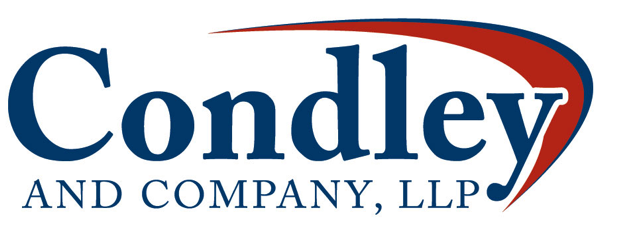
The American Bankers Association (ABA) recently issued a memo to the U.S. Senate in April 2010 regarding the effects of S.3217, the Restoring American Financial Stability Act of 2010. The ABA memo stated in part “…ABA strongly urges you to consider the huge new regulatory burden that this legislation will put on community banks across this country.” New or expanded types of regulation associated with the Act were summarized as an attachment to the ABA memo and include:
- New risk committee requirement
- Expanded affiliate transactions rules
- Expanded lending limit rules
- Lower lending limits for state banks
- New insider transaction rules
- Capital rules for holding companies
- “Source of strength” rules for holding companies
- Limits on securitizations
- More information collections about consumer loans
- 10 Prohibition of mandatory arbitration clauses
- Rules on “unfair, deceptive, or abusive” practices
- Disclosures to consumers about risks of a transaction
- New TILA and RESPA disclosure
- Disclosures about existing customer transactions
- Disproportionate penalty for violations of CFPB rules
- More state laws applicable
- Disclosures regarding deposit accounts
- Burdens on small business loans
- Prepayment penalties prohibited
- Burdens on remittance transfers
- Expanded HMDA disclosures
- Rules regarding “Say on Pay”
- Requirement for compensation committees
- New compensation disclosures
- Claw-back provisions
- Rules regarding director elections
- Rules on excessive compensation
The ABA memo went on to say, “Many of these new regulations have nothing to do with solving the problems that led to the crisis. Instead, they pile new burdens onto the industry at a time when the focus should remain on more fundamental reforms and enabling traditional banks to serve their communities and expand lending.”
The financial industry, depending on the ultimate outcome of the Act, could be changed dramatically. As leaders of the community banking industry it is imperative that you remain well-informed on the ultimate outcome of the Act and how it will ultimately affect not only your bank but the industry in general.
Click here for the complete article.
The information contained herein is general in nature and is not intended, and should not be construed, as legal, accounting, or tax advice or opinion provided by Condley and Company, L.L.P. to the reader. The reader also is cautioned that this material may not be applicable to, or suitable for, the reader’s specific circumstances or needs, and may require consideration of non-tax and other tax factors if any action is to be contemplated. The reader should contact his or her Condley and Company, L.L.P. or other tax professional prior to taking any action based upon this information. Condley and Company, L.L.P. assumes no obligation to inform the reader of any changes in tax laws or other factors that could affect the information contained herein.
